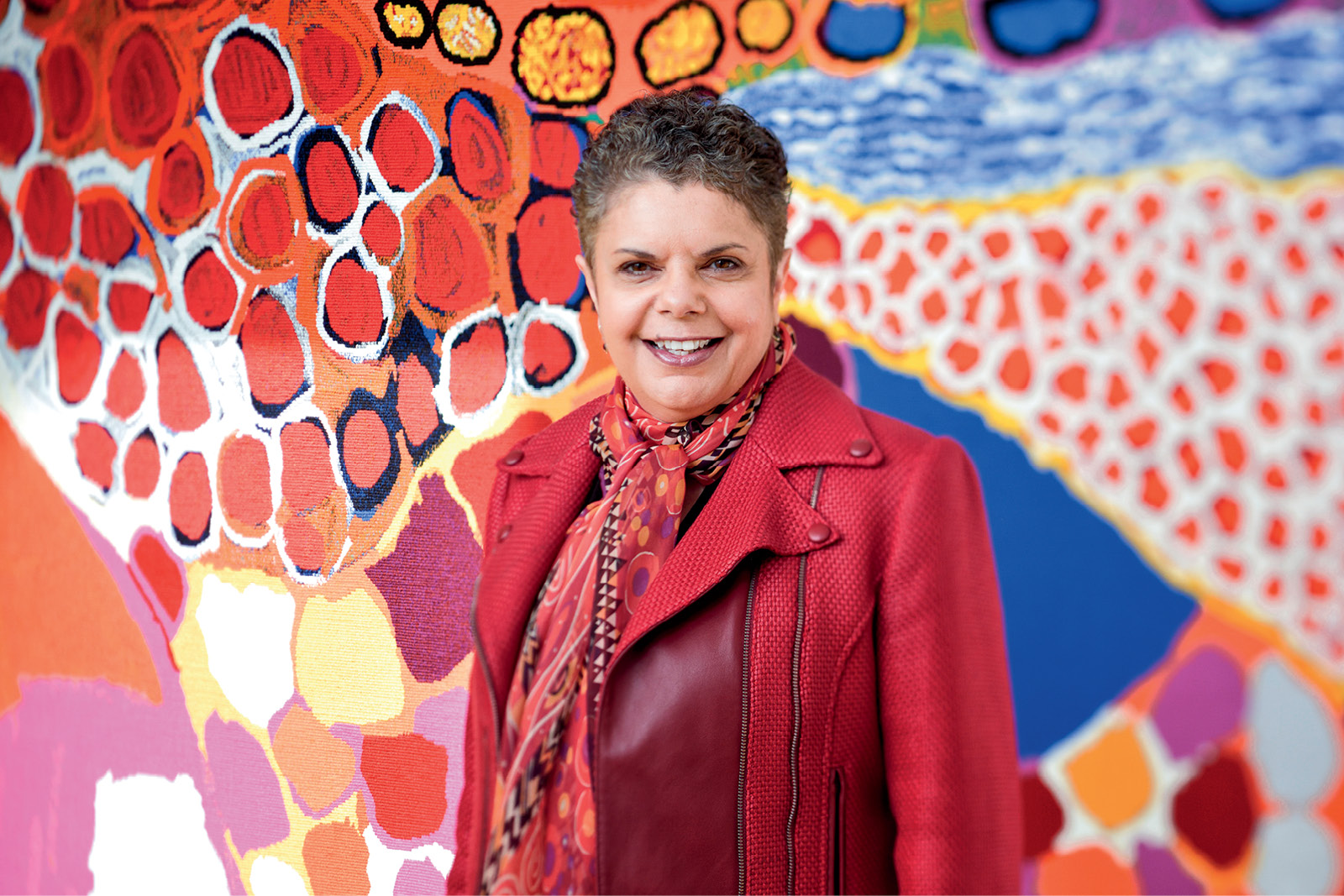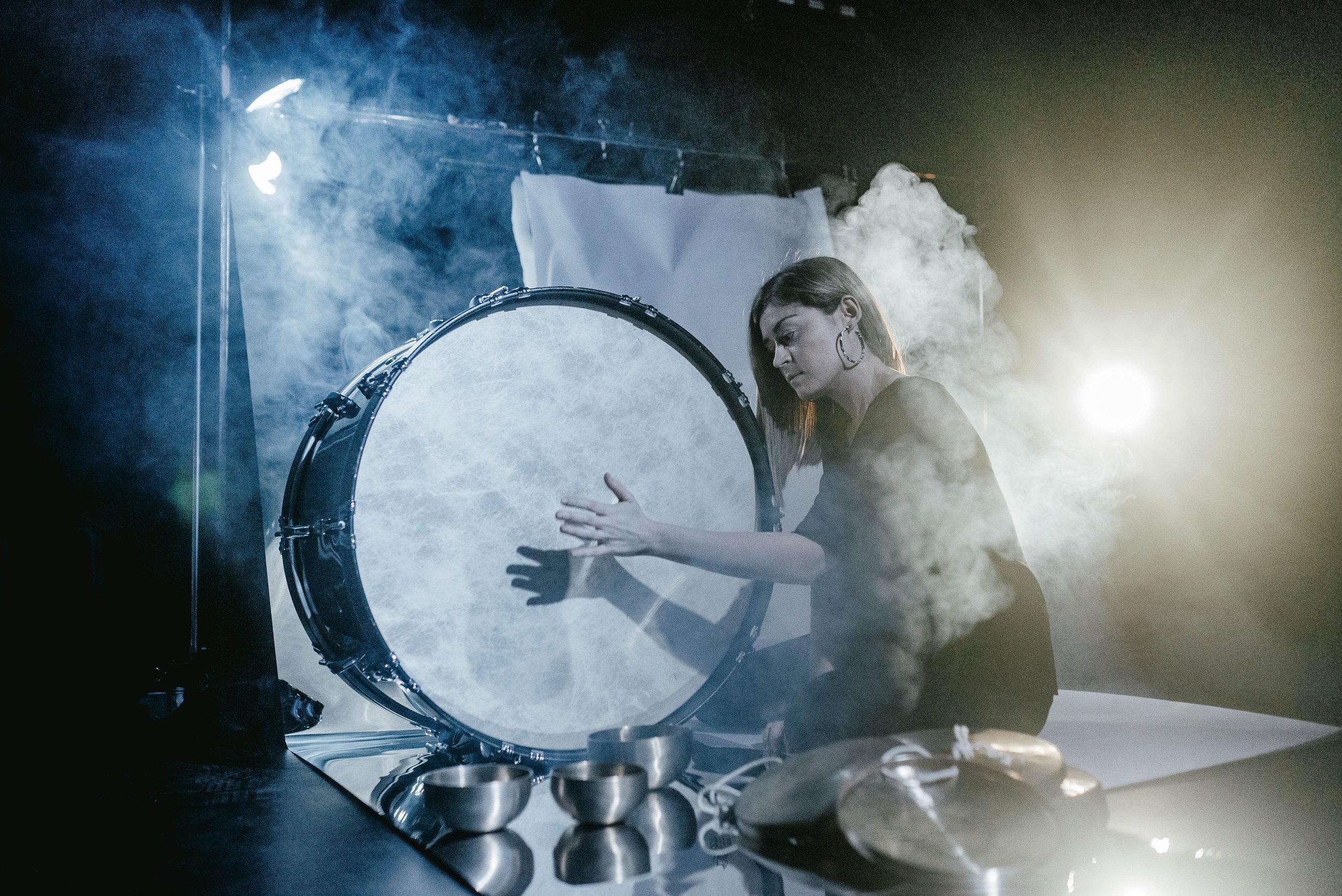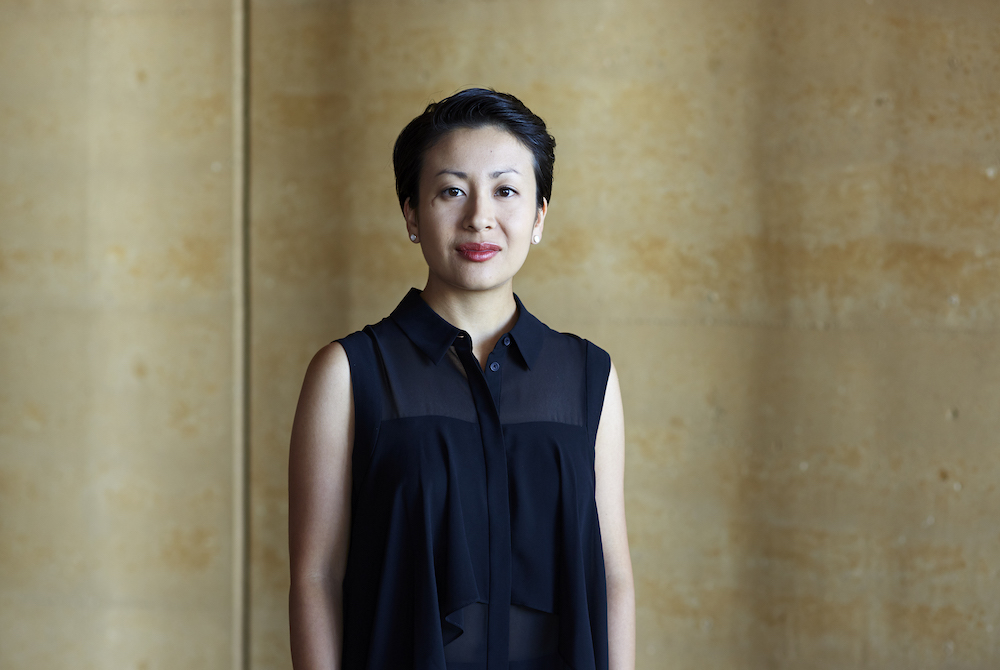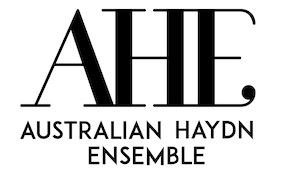Award-winning soprano and composer Deborah Cheetham, whose highly-acclaimed choral work Eumeralla, a war requiem for peace is making its way around Australia, has been appointed to the staff of Monash University’s Sir Zelman Cowen School of Music. Cheetham is one of a number of exciting new appointments for the School.
 Deborah Cheetham. Photo © Wayne Quilliam
Deborah Cheetham. Photo © Wayne Quilliam
“Our school has instituted a clear strategy that looks toward the future of music in Australia: our students will be the future custodians of Australian music culture,” she says. “As such, we place an emphasis on Australian music: not just how we define it in our communities, but also its place in the world. We put an emphasis on innovation and collaboration across musical styles, and pay attention to issues such as gender equity and socio-economic diversity.”
The School of Music recently signed up to KeyChange campaign. “Last year our school was the first Australian tertiary music institution to sign up to this global pledge toward gender equity in music,” Hope says.
The Keychange initiative encourages festivals and music organisations to achieve a 50:50 gender balance by the year 2022. “Research overwhelmingly shows that women and gender minorities are underrepresented in our industry, and this is particularly acute for composers, conductors, orchestral leaders and those involved with music technology,” Hope says. “Our school has made a pledge to ensure our curriculum includes diverse gender representation in the canon we teach and those who deliver it. We expect all our graduates to understand the importance of gender equity and demonstrate a familiarity with music that includes women, gender minorities and the diverse cultural groups that define us as Australians. With our new appointments we have reached our 50:50 staff gender balance target, which is a good start!”
Cheetham, who was named Australian Artist of the Year by Limelight’s critics at the beginning of a year, has won a string of awards recently and, among a swathe of other projects, will be the Melbourne Symphony Orchestra’s Composer in Residence in 2020 – in addition to her new role at Monash as Professor of Practice. “As well as being an exceptionally talented composer and soprano – evidenced by these awards – Deborah is a dedicated champion of Australian music and music education, with a specific interest in growing Indigenous Australian student participation in classical music,” Hope says. “In her recent Peggy Glanville-Hicks Address she eloquently addressed the importance of the arts in Australia at this point of time, and how the way we embrace Indigenous Australian involvement is key to that. She is our second Indigenous appointment in the school, following violist/music technology academic Aaron Wyatt who joined us last year, and we will be working closely with them both to develop projects that offer our students more interaction with Indigenous Australian culture, as well as making pathways for Indigenous Australian students who wish to study music.”
 Louise Devenish. Photo © Rachael Barrett
Louise Devenish. Photo © Rachael Barrett
The School of Music has also announced that Dr Louise Devenish will also join the staff, with a view to establishing a percussion department. “A school with a focus on Australian music, collaboration and innovation needs percussion!” says Hope. “We are very excited about this new chapter in our music program, and Louise has the experience, talent and energy to create a world leading percussion department at the school. Louise has literally ‘written the book’ on Australian percussion music – her monograph Global Percussion Innovations – An Australian Perspective was published in 2018.”
Devenish recently secured a prestigious Discovery Early Career Researcher Award from the Australian Research Council. “Research is a very important part of university life, and Louise’s talent as an artist scholar has been recognised with her DECRA award, entitled The role of post-instrumental practice in twenty-first century music,” Hope says. “Her research will look at the creation of new musical languages, notations, performance practices and dissemination relevant to contemporary music making. This is research that has the potential to change the way we make and listen to music for everyone, so we are very excited to host research of this calibre at our school.”
 Pianist Aura Go. Photo © Keith Saunders
Pianist Aura Go. Photo © Keith Saunders
Other recent appointments announced include clarinettist Dr Nicole Canham, violinist Dr Anna McMichael and pianist Aura Go, who will lead the wind, string and piano departments respectively. “Along with Dr Devenish in percussion and Roman Ponomariov in brass, we are able to offer a comprehensive and up to date music education for those who wish to focus on classical music,” Hope says. “These staff have considerable experience as performers on the world stage and as scholars leading enquiry into the nature and value of music. They are passionate educators that are abreast of leading pedagogical strategies, meaning studying music at Monash will provide a rich musical experience. Recent curriculum developments see more chamber music and cross stylistic collaborations available for all our students, and these staff will provide wonderful mentorship and inspiration to all our students as we prepare them for their future careers.”
Joining the team in July is Professor Margaret Barrett, who held the position of Head of School at the University of Queensland’s School of Music for ten years. “Professor Margaret Barrett is one of Australia’s leading music researchers whose work has a true global reach,” Hope says. “Working closely with industry across music education and music in early childhood, aesthetics, creativity and collaborative practices, Professor Barrett’s appointment heralds a new era of research excellence at the school via a powerful artistic and academic professoriate with Professors Barrett, Cheetham, Margaret Kartomi and myself. This research champions Australian music, it’s practitioners and their place in the world, as well as artistic research outcomes and the value of arts to the broader community. It builds on the international nature of Monash University and grows opportunities for our postgraduate students.”
Hope sees it as the School’s role to provide students with the best possible opportunity for success in a fast-evolving music industry. “Digital technology has changed the way we work in and engage with music, and we ensure our students are ready for what the industry expects from them,” she says.
As such, scheduled for completion in the middle of the year is a new Digital Hub, which will allow students to network internationally and create digital portfolios. “Thanks to a generous contribution from David Li AM, Deputy Chair of the Melbourne Symphony Orchestra, a world-class Digital Hub replaces our existing music studio, enabling incoming and outgoing audio-visual streams that will globalise students’ learning experience by empowering them to engage in real-time performance and teaching opportunities with musical heroes around the world,” Hope says. “In addition, our students will continue to collaborate with local, national and international visiting artists, perform alongside professional musicians in the Monash Academy Orchestra, undertake overseas music units at Monash’s Prato Centre in Italy and other countries.”
The Sir Zelman Cowen School of Music














Comments
Log in to join the conversation.